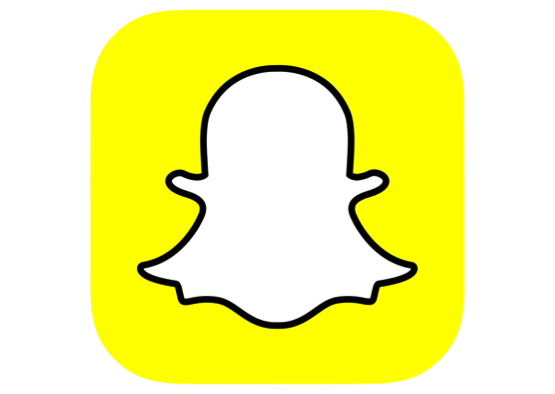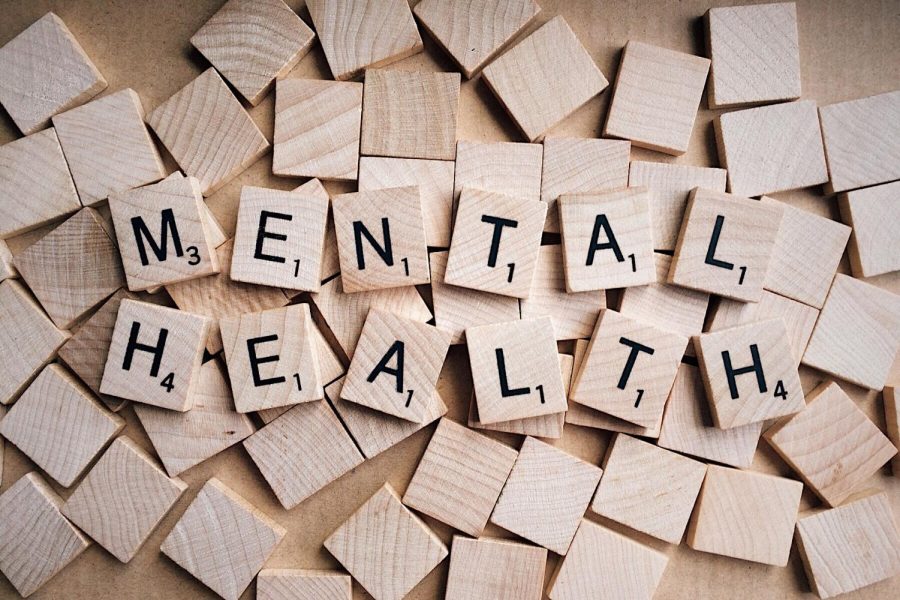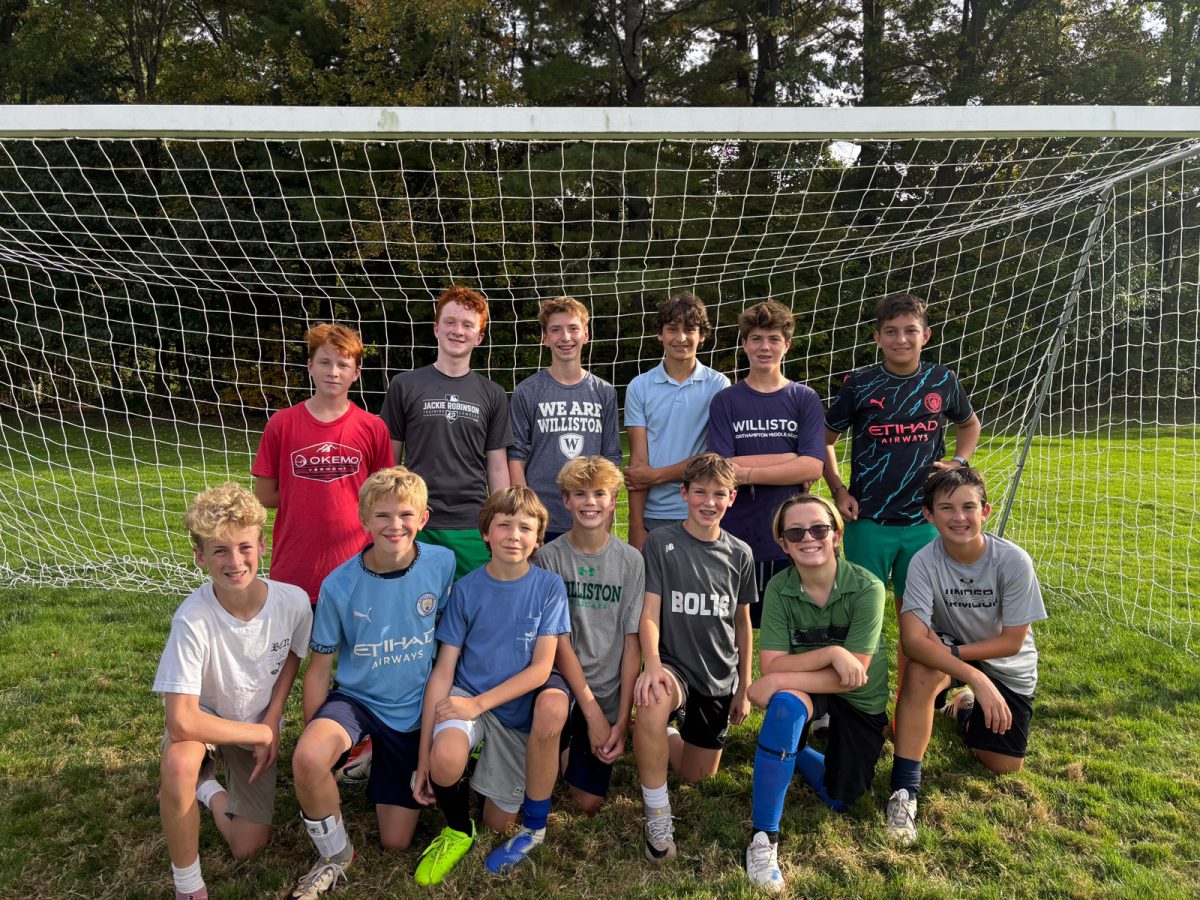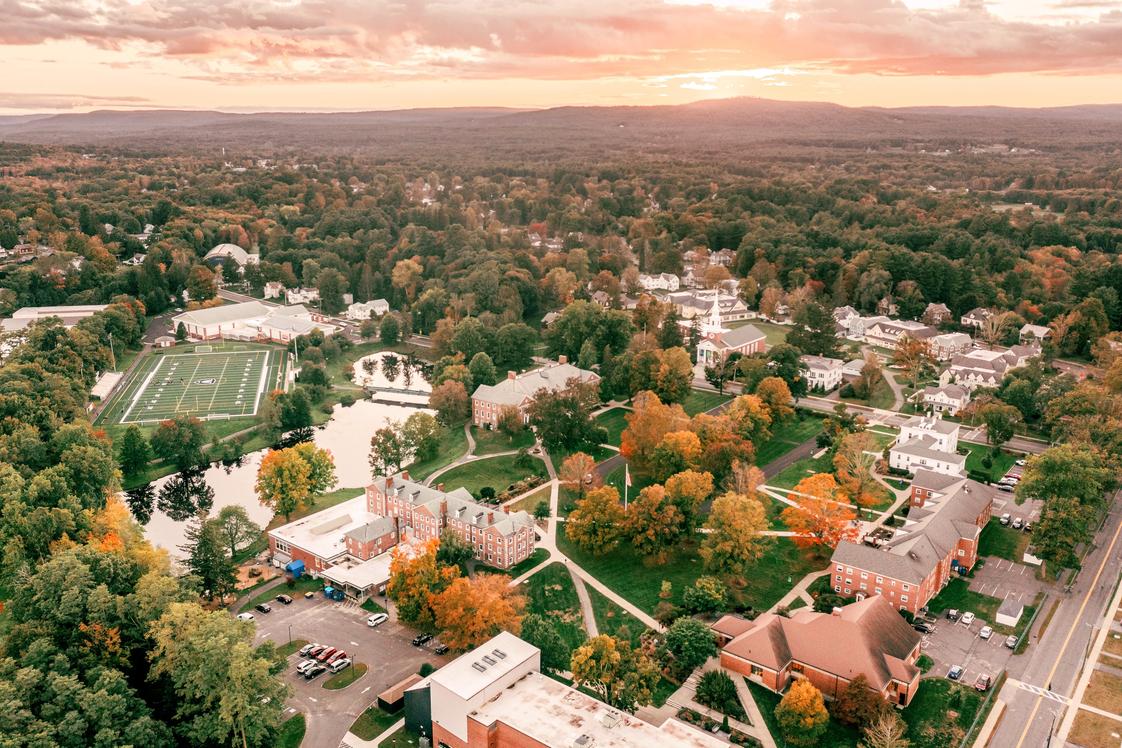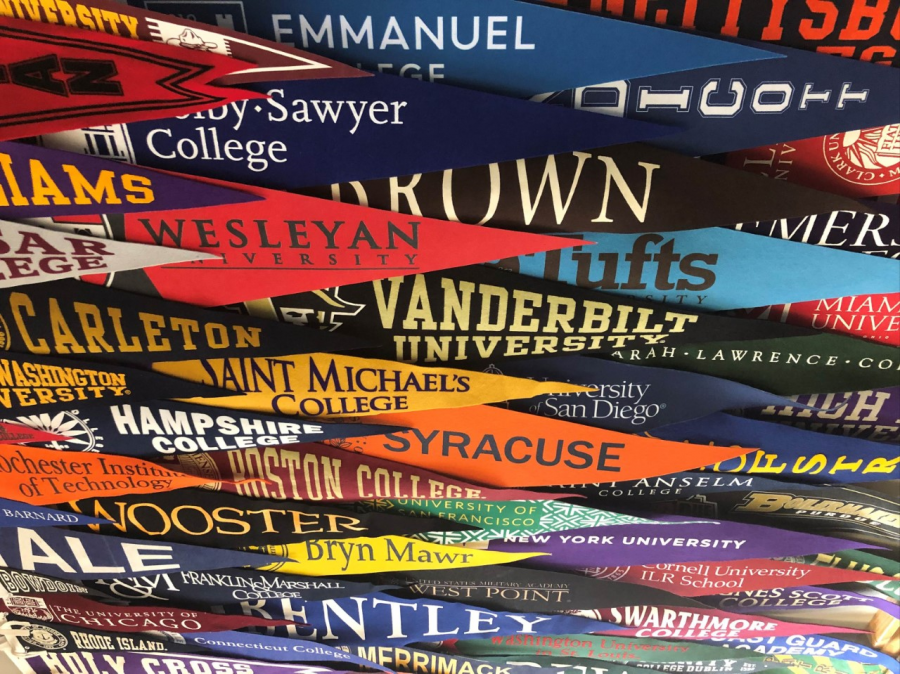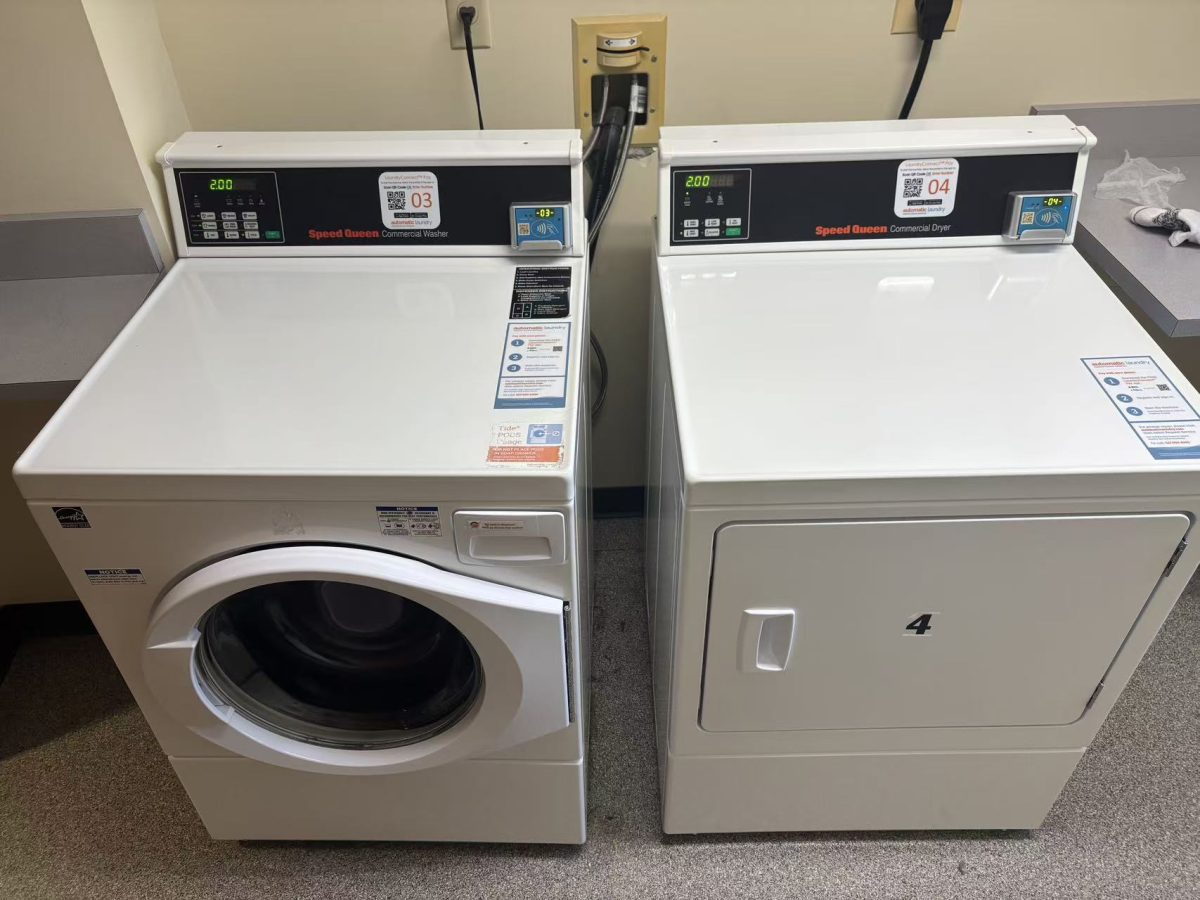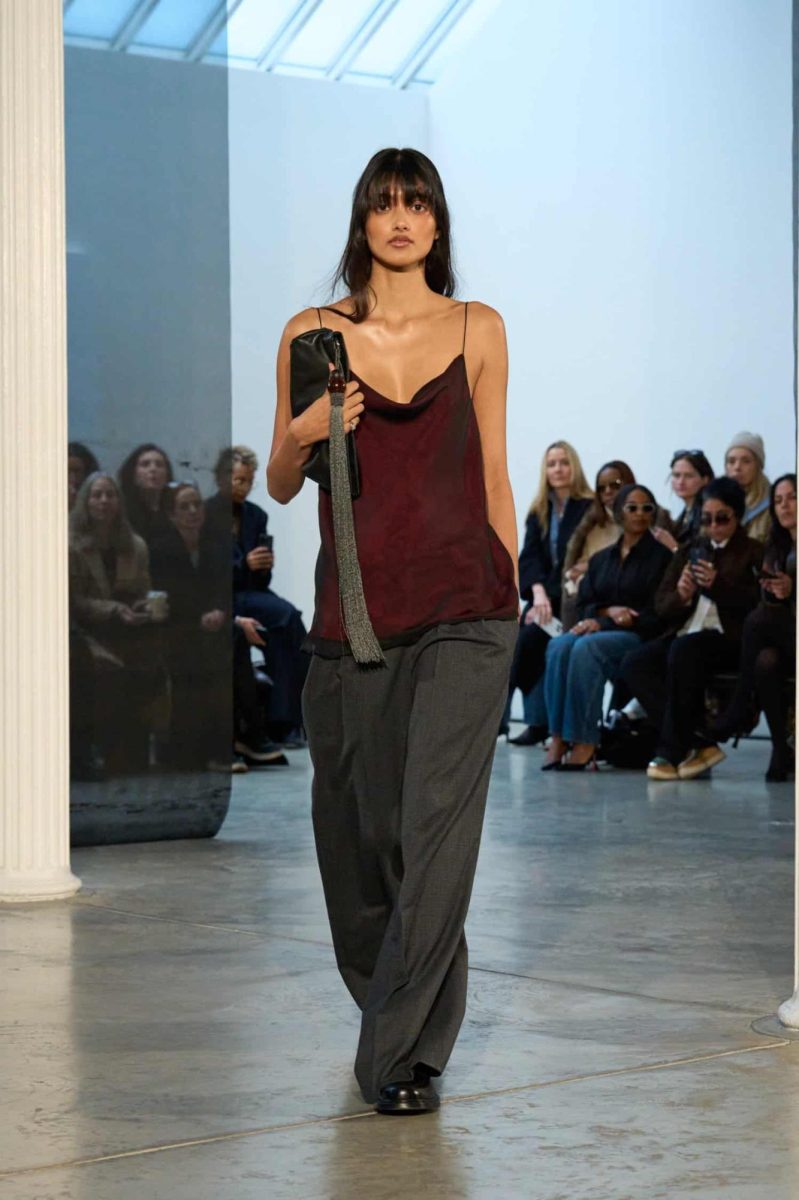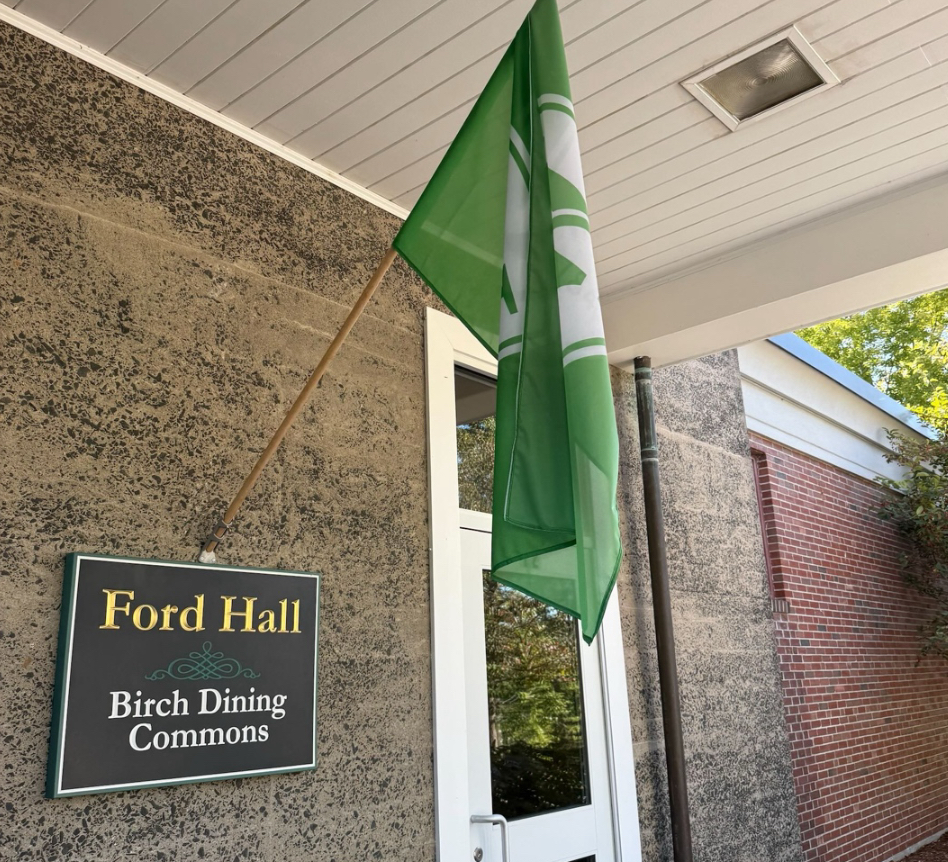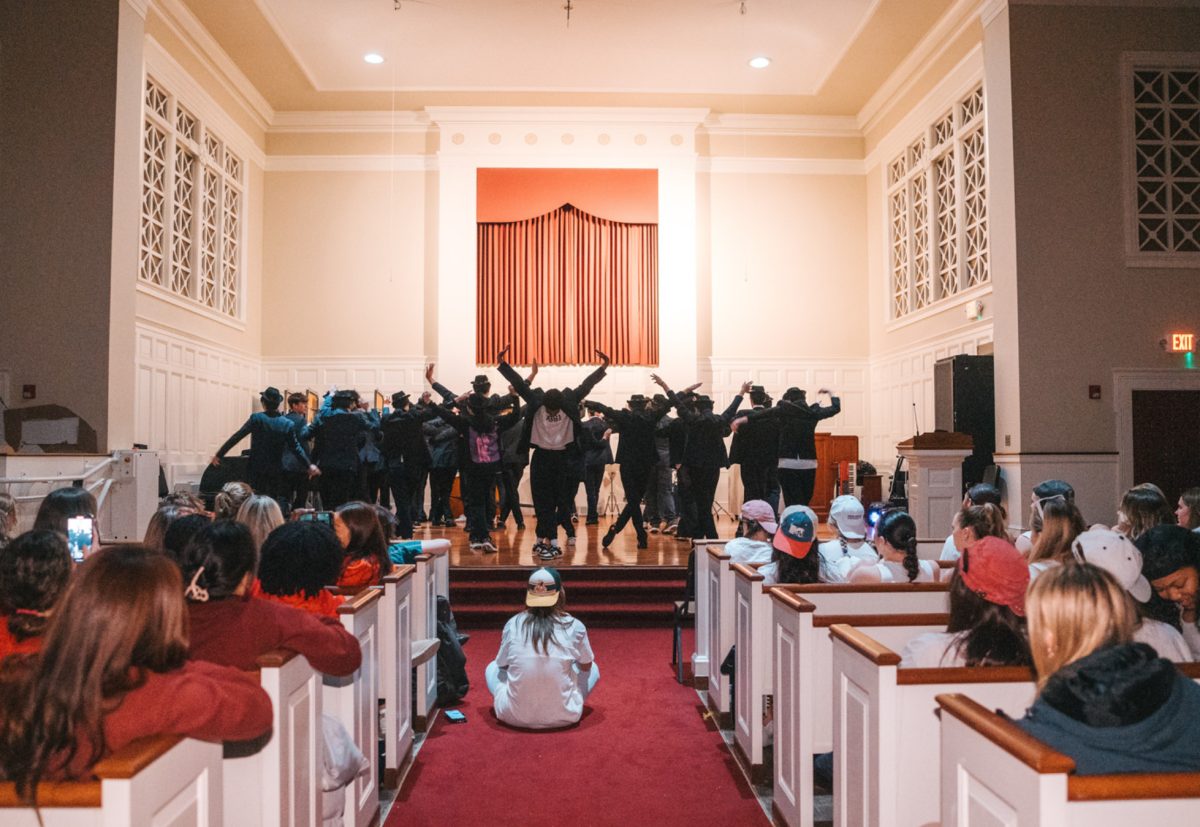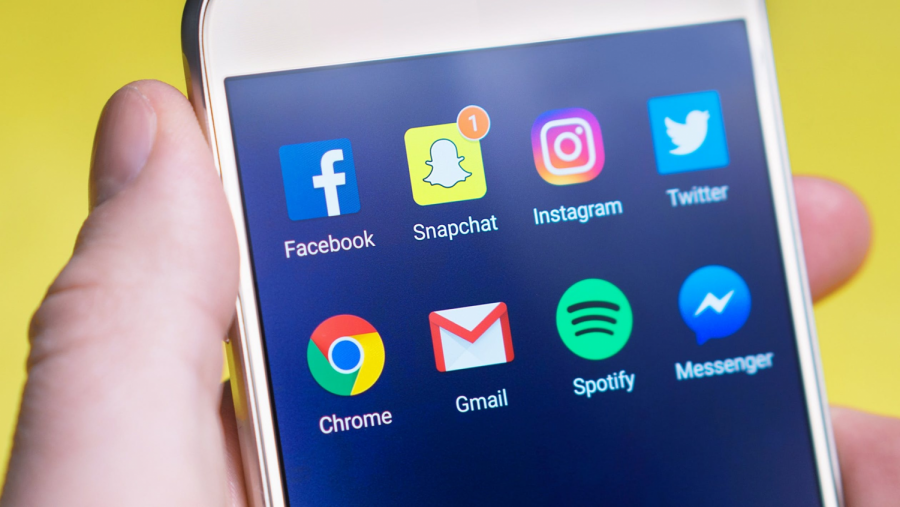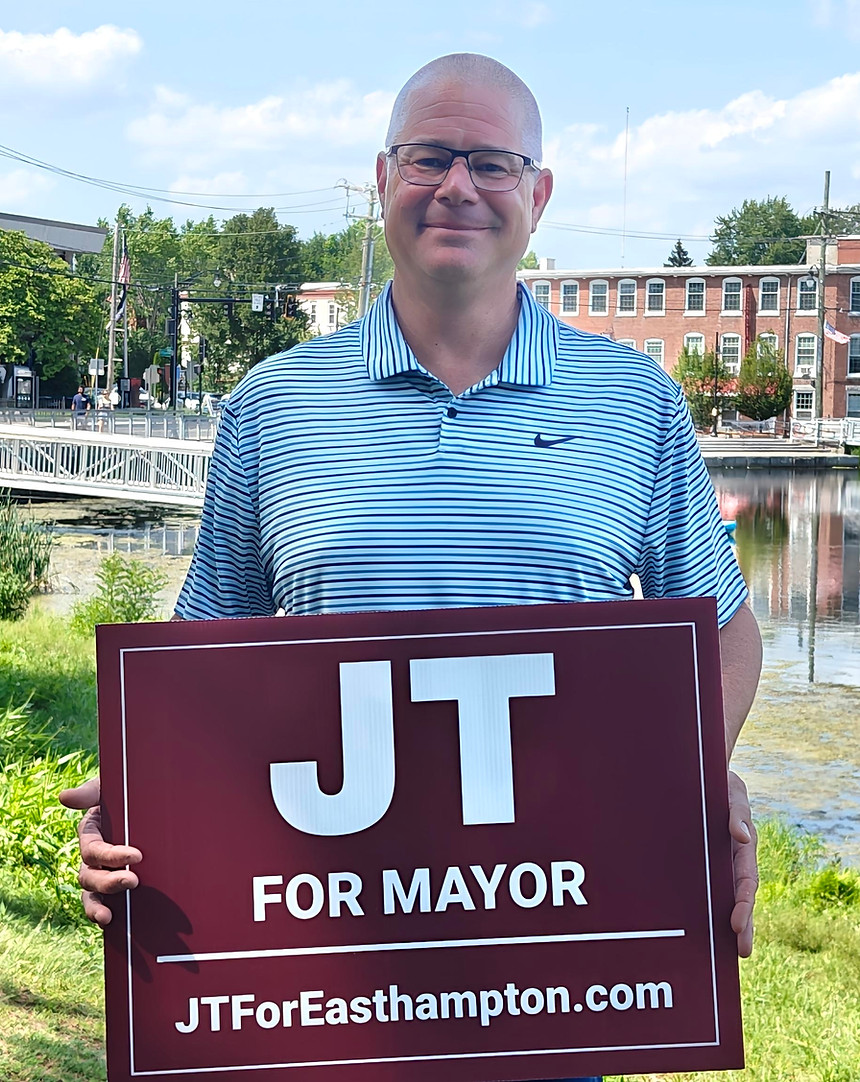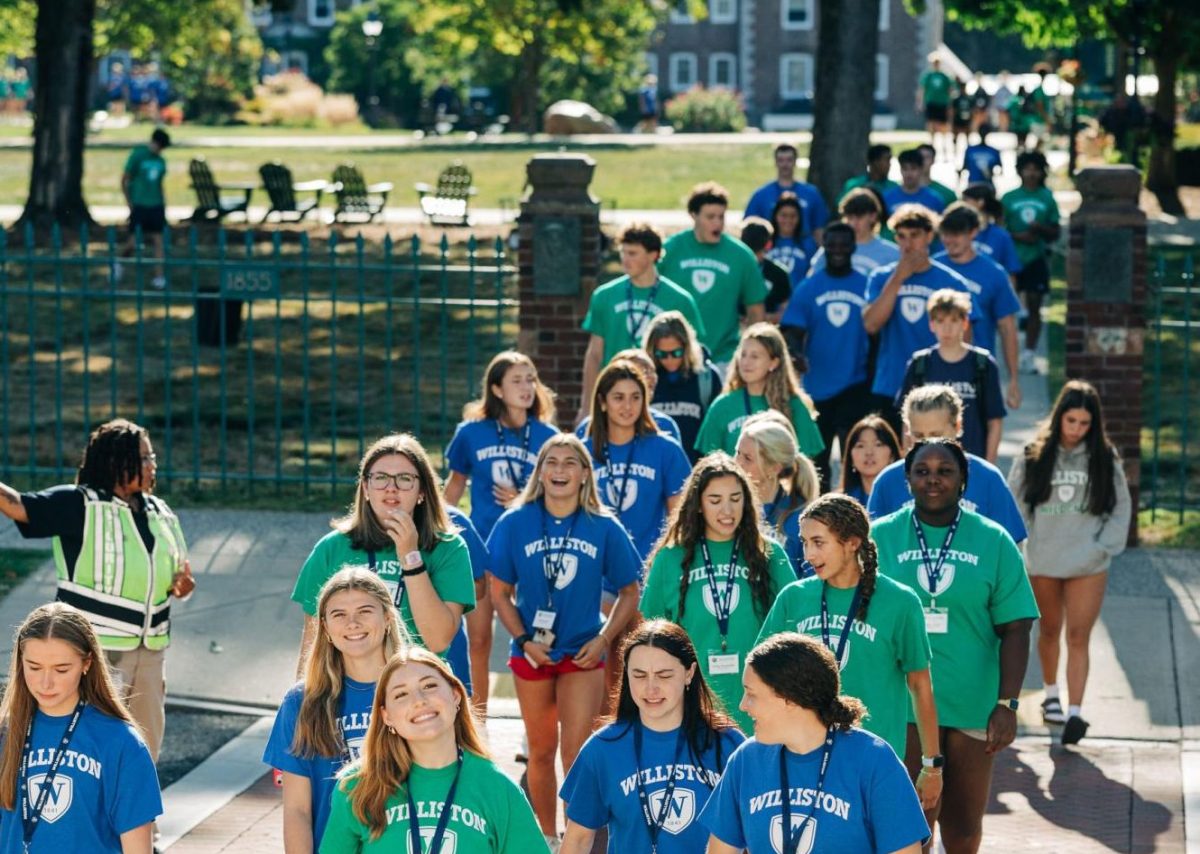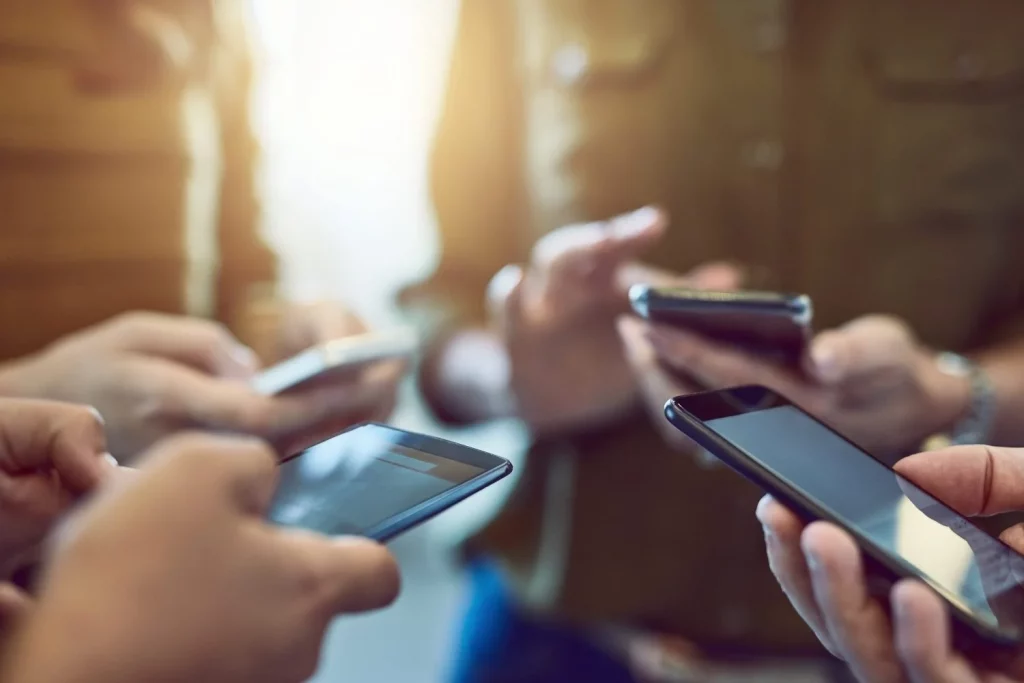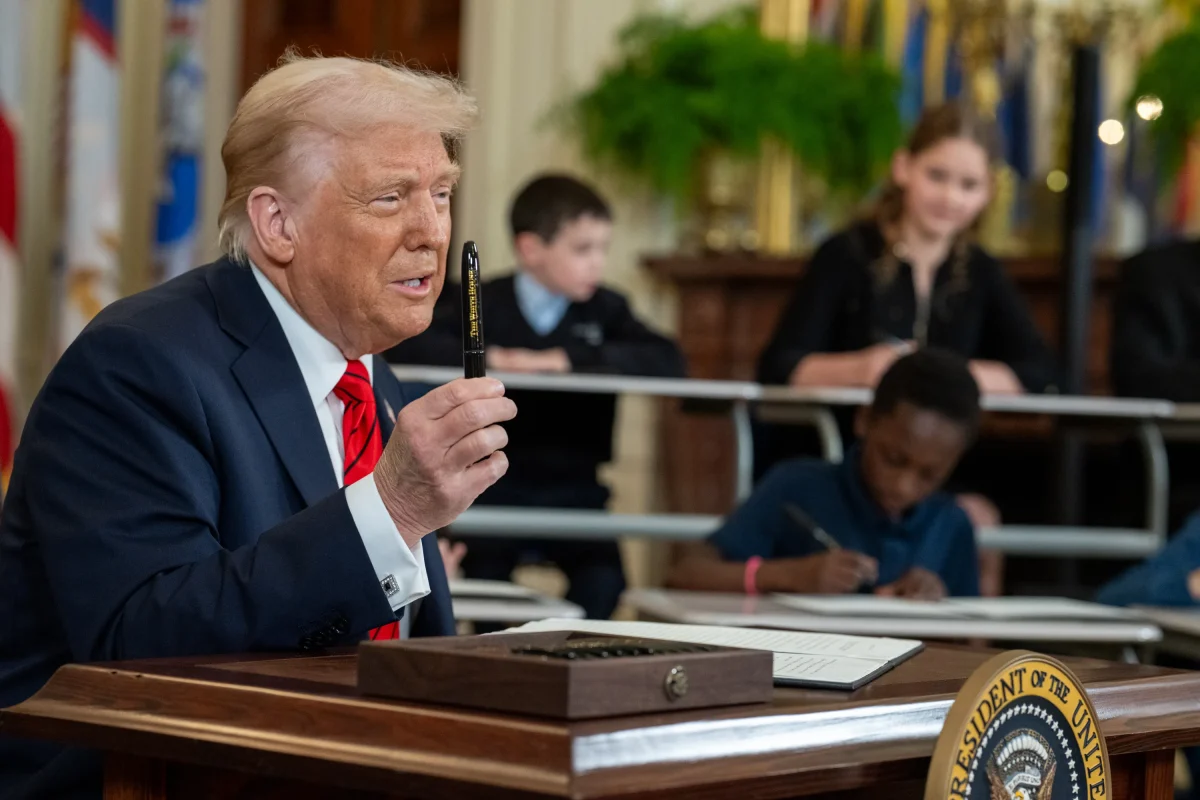Older and younger generations are using social media in different way to communicate and see what is going on in our current world.
Though it crosses generations and nationalities and can be found just about everywhere on earth, each generation uses social media differently, and for different purposes. Gen Z and millennials have mostly grown up with social media being an everyday part of their life. Older generations, those who did not grow up with it, interact with it much differently.
For example, Gen Z, (people born between the late 90s and the early 2010s), favor Snapchat, TikTok, YouTube, and Instagram. Primarily, this generation (which includes most of the students on Williston’s campus), prefer short form content and videos. Millennials (those born between 1981 and 1996), mix in YouTube and Instagram, but they also use Facebook. Boomers and Gen X primarily use Facebook and YouTube, if anything.
Gen Alpha is our first generation fully growing up in a fully digital world, with social media and 24-hour access to information. According to eacf.org about 40% of Gen Alpha have a tablet by age two; 58% have one by age four; and almost one in four kids has a personal cell phone by age eight.
As a result, they are engaging with social media early on in their development and showing preferences for certain apps and platforms. This can be a good and bad thing: kids have access to information allowing them to learn, but they also have access to everything else.
JJ Johnson, a junior from Lancaster, Pa., uses social media apps when he is bored, but noted a difference each social media platform provides.
“Instagram I would say is more about how my life is in a nutshell,” JJ said. “Snapchat I use more to speak with my friends and stay in touch.”
JJ believes social media is what you make of it.
“I don’t think it’s a bad thing but also don’t think it’s a great thing.”
With the new phone rules at Williston this year, JJ has been using his phone a lot less.
“Now that I am here at Williston my phone usage has dropped a ton,” he said. “I would say I’m on my phone for about two to three hours of the day.”
Skyler Walker, a senior boarder from Barrington, R.I., uses a variety of social media apps, including Snapchat, Instagram, TikTok, VSCO, and Twitter, and believes that social media has a positive impact on our society.
“It lets people connect, especially if they are far away and don’t get to see each other a lot,” said Skyler. “It lets people stay in touch easier and know what’s going on with others.”
Zola Piekarski a senior boarding student from Concord, Mass., has social media but not a large presence on her socials.
Zola believes social media has both negative and positive impacts on our society.
“I think it allows you to stay in touch and communicate with friends and family,” she said. “But then it also has a negative effect where sometimes people become completely dependent on it. I think people totally abuse it and spend too much time on it.”
Zola uses social media primarily for entertainment, she said.
Kirsten Blaesing, a Science teacher at Williston, isn’t big on social media.
“I mainly use Facebook and Instagram,” she said. “I keep in touch with family and friends, I get some news sources and to follow celebrities.”
Blaesing also says that social media has both negative and positive impacts to our society.
“I think the positive being able to keep in touch and make connections with other people that have similar interest,” she said. “But it can also be negative because you can end up scrolling for hours and wasting time. Also, mental health issues can be a problem. Seeing images of people with filters and Photoshop can take a toll mentally on you.”



